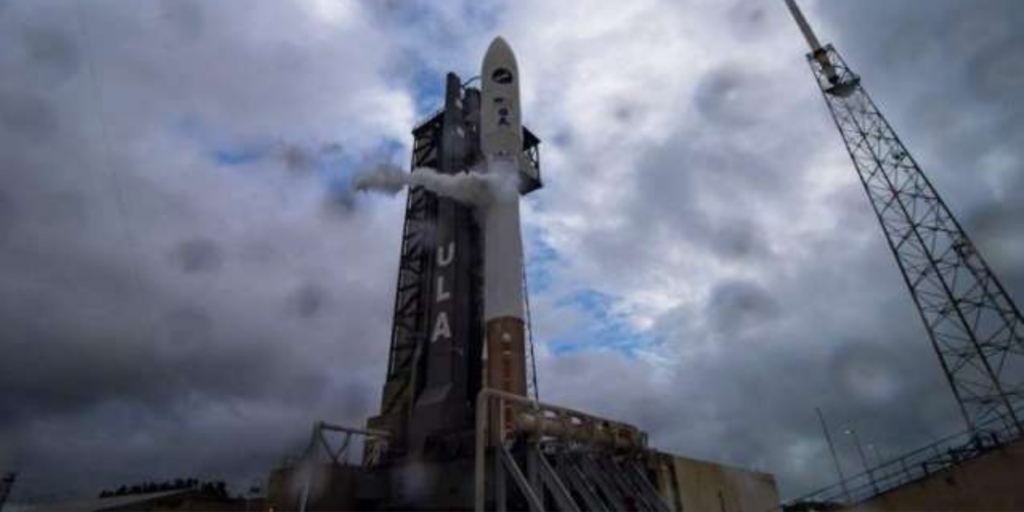Launching a vehicle is an incredibly complex endeavor. It isn’t just the years of planning, design, analysis, testing, re-design, and manufacturing. Everything must be designed to the proper requirements, tested to the right tolerances, and then built according to the design specifications. Those are just the complexities to build the launch vehicle. But the launching of the vehicle adds another several layers of complicated processes.
One of the most fascinating things I got to see at work with the Ares I vehicle was the launch timing sequence. Every second leading up to a launch is cataloged and planned – beginning several days before the launch. The moment the launch vehicle is wheeled out to the pad the launch countdown sequence begins where everything must be planned out. It details down to the second when tanks are pressurized, avionics systems are checked, batteries are activated, tanks are filled, and so on. All of these details must come together in a perfect coordinated fashion in order for a launch to be successful.
However, no matter what kind of perfect planning the engineers do for the day of launch, the success of the launch always comes down to something completely out of their control: weather. Even if all of the vehicle systems are checked out and ready to go, bad weather can shut down a launch.
So the success of a launch depends on two things, what the engineering and manufacturing teams choose to do (what they have control over) and fortuitous weather (what they have no control over).
We can see the joy in our own lives have the same two types of components. One part we have complete control over and the other we have no control over, yet they both contribute to our joy.
The first component is the pursuit of moral virtue. We may not have any control over our surroundings but we always have control over our actions and reactions to our surroundings. In other words, no matter what is going on, we still have an obligation to pursue righteousness and moral goodness.
In fact, the pursuit of moral goodness is what fulfills our very created purpose. The purpose in our existence is to glorify God, therefore, pursuing God’s righteousness satisfies our stated purpose. When we don’t pursue moral goodness, we are violating our purpose of glorifying God. This is why sinful pursuits do not have a long-standing satisfying effect on our lives. It is violating our purpose and therefore cannot ultimately satisfy us.
This is why in Galatians 6:9 we are told to “not grow weary or tired of doing good.” Strange that we have to be reminded to not tire of doing good because doing good never requires an excuse. Doing good and pursuing righteousness don’t need some explanation or justification. It is when we do not pursue righteousness that we must find some excuse for our behavior.
So much around us is encouraging us to not pursue moral goodness. Therefore we must continually strive to “fight the good fight.” As we do that, we will have joy in knowing we are truly glorifying God.
The second component is God’s blessings. And like the weather on launch day, it is completely out of our control. These are the blessings that we are thankful for because it is not something we earned or even deserved. They are the unmerited favor of God.
And sometimes God’s blessings are when He takes away things that are not really the best for us. Sometimes our disappointments are where God has something better in store for us. Sometimes our struggles are where God reveals Himself to us in a mighty way. And when we look back on our lives, we can see God’s blessings even in those tough times.
So when we take a moment to give thanks, we must acknowledge it isn’t just being thankful for something, it is being thankful to someone. We may thank a stranger for showing kindness. We may thank a friend for giving moral support. But ultimately, we must acknowledge all our thanks, glory, and honor should be given to God.




